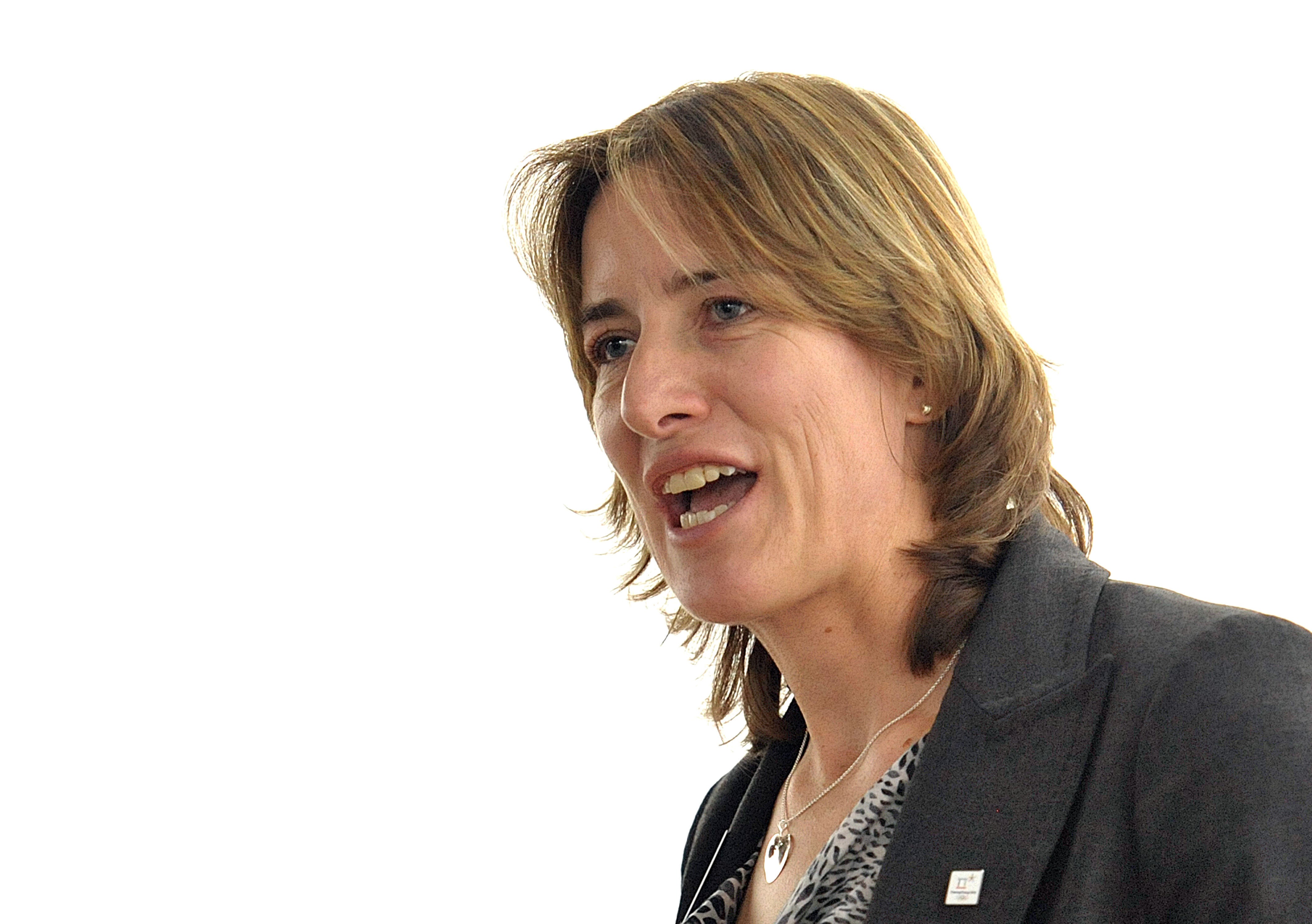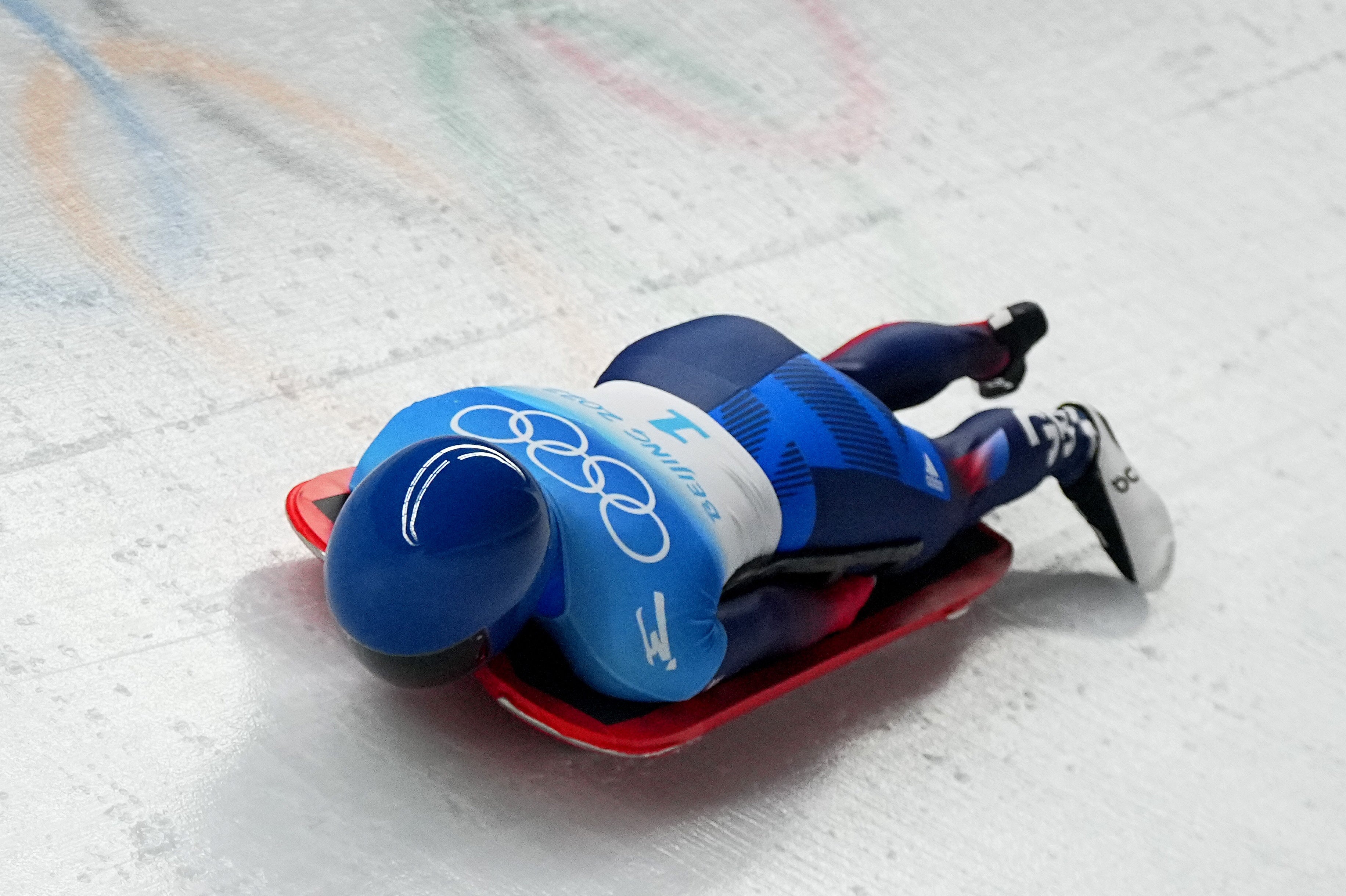UK Sport set to make ‘big investment decisions’ over Winter Olympic sports
Funding decisions ahead of the 2026 Games in Milan and Cortina will be made this summer

Your support helps us to tell the story
From reproductive rights to climate change to Big Tech, The Independent is on the ground when the story is developing. Whether it's investigating the financials of Elon Musk's pro-Trump PAC or producing our latest documentary, 'The A Word', which shines a light on the American women fighting for reproductive rights, we know how important it is to parse out the facts from the messaging.
At such a critical moment in US history, we need reporters on the ground. Your donation allows us to keep sending journalists to speak to both sides of the story.
The Independent is trusted by Americans across the entire political spectrum. And unlike many other quality news outlets, we choose not to lock Americans out of our reporting and analysis with paywalls. We believe quality journalism should be available to everyone, paid for by those who can afford it.
Your support makes all the difference.The accessibility of individual sports and their medal potential will determine funding ahead of the next Winter Olympics, UK Sport chair Dame Katherine Grainger said on Monday.
Reflecting on a Beijing Games that brought Team GB only two medals from a single sport – curling – Grainger was quizzed about what that would mean for the distribution of funds looking ahead to the next Olympics in Milan and Cortina in 2026.
“We will make our big investment decisions around the summer this year, and the main thing is for all the sports individually to go into a huge review process of not just the Games itself but also the last four years to see what worked, what didn’t work, and what can be improved,” she said.
“All the funding decisions are very forward-looking. So the results from this one matter, they are a piece of information that will make us make decisions, but the whole thing is looking forward to Milan-Cortina and what sports are going to be performing there.
“Curling lifted the team, no doubt, but a lot of people, athletes first and foremost, would have been disappointed with the performances out there and we need to find out the reasons why that happened.”
UK Sport put more than £22million into winter sports over the last cycle, the vast majority of which was split between curling, skeleton and the skiing and snowboarding disciplines.
Skeleton flopped this time but has been a hugely successful sport for Britain over the last two decades while skiing and snowboarding seem likely to benefit from the focus on accessibility given the number of snow domes and dry slopes across the country.

Grainger said: “We laid out a new strategy last year. The decision was partly about really trying to maximise engagement with the public, whether that is encouraging people to take part in sports, to compete themselves, or just to get involved, or to tune in and support it, there is a desire to make our sports as wide and diverse as possible, to reach as many people as possible.
“It comes down to the fact that this public money – the public should have a benefit from it. A huge amount of that has been in the past two decades built around the focus on success, meaning the medals, and that is what gives us that status globally.
“I’ve been there as an athlete, you still want to win those medals of course, but it needs to be more than just that.
“Not everyone engages in our traditional summer sports. The winter sports in recent weeks have had a different dynamic.
I do think we'll come back stronger because of this. I think we'll all have learned big lessons from this and I do think it gives us all an extra bit of hunger.
“You might be saying, ‘that’s a disappointing Games,’ but actually the influence it can have and the reach it can have really matters and that is why we will keep funding the winter sports and really backing them.”
Grainger would like to see curling facilities expand beyond Scotland – there are currently only three specialist rinks in England – and is optimistic that more medals can be delivered in four years’ time.
Having won five medals in both 2014 and 2018, Great Britain fell short of the UK Sport target of between three and seven this time.
“I do think we’ll come back stronger because of this,” she said. “I think we’ll all have learned big lessons from this and I do think it gives us all an extra bit of hunger.
“Milan-Cortina is back more in our time zone as well, it’s a really great opportunity to get everyone engaged in the Olympics and Paralympics, and to do that we really want to have brilliant athletes we can talk about and successes we can celebrate.”
Former rower Grainger, meanwhile, was particularly pleased for curling skip Eve Muirhead, who claimed a first Olympic gold at her fourth Games.
Grainger took silver three times before finally winning gold in London in 2012, and she said: “Four Olympics is a charm, I’ll tell you that. It’s a long road.
“When she finally gets home today, when she is with her family and friends who’ve been with her every step of that journey, then it really hits you what you’ve achieved. I hope she has plenty of lengthy celebrations because she has earned them, as have all the team.”
Join our commenting forum
Join thought-provoking conversations, follow other Independent readers and see their replies
Comments